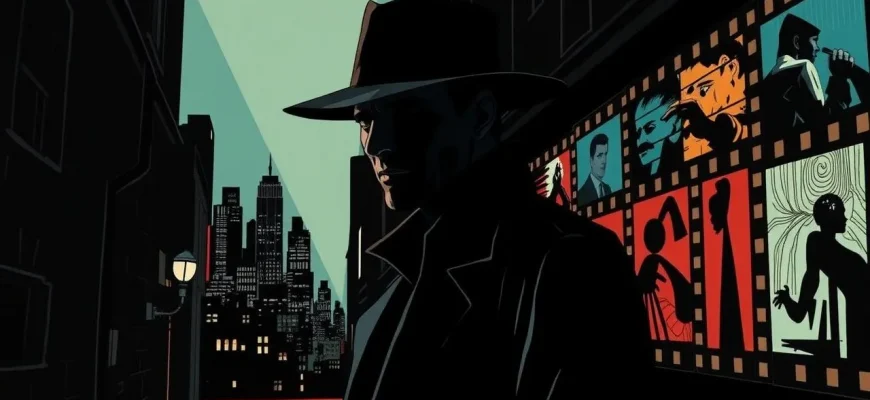Dive into the shadowy world of crime through a lens that defies convention. This collection showcases films where directors have taken bold risks with their visual storytelling, employing experimental techniques to enhance the narrative and immerse viewers in a unique cinematic experience. From innovative camera work to groundbreaking editing styles, these films not only tell gripping crime stories but also redefine how we perceive film as an art form. Whether you're a cinephile or just looking for something different, this selection promises to captivate and challenge your expectations.
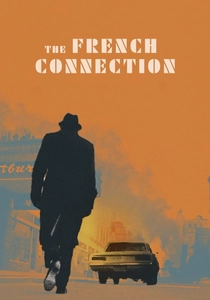
The French Connection (1971)
Description: While not entirely experimental, the film's famous car chase scene, shot with a handheld camera, was groundbreaking for its time, adding a raw, documentary-like feel to the crime genre.
Fact: The chase scene was filmed without permits, adding to its authenticity.
 Watch Now
Watch Now
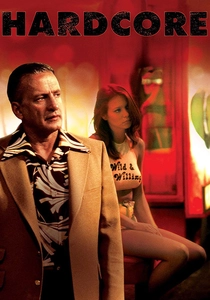
Hardcore (1979)
Description: Paul Schrader's film uses a stark, documentary-like style to explore the seedy underbelly of Los Angeles, employing a narrative that feels both experimental and gritty.
Fact: Schrader wrote the script after being inspired by the film "The Searchers."
 Watch Now
Watch Now
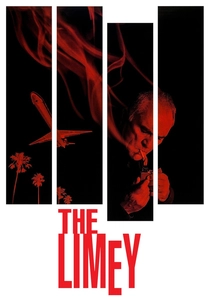
The Limey (1999)
Description: Steven Soderbergh's film uses a fragmented narrative and non-linear editing to reflect the protagonist's disorientation and quest for vengeance, making it a standout in experimental crime cinema.
Fact: The film's editing was inspired by the French New Wave, particularly the work of Jean-Luc Godard.
 Watch Now
Watch Now
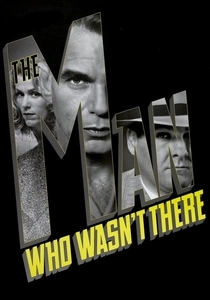
The Man Who Wasn't There (2001)
Description: The Coen Brothers' noir film employs a black-and-white palette and a deliberate, slow pace to create an experimental atmosphere, blending crime with existential themes.
Fact: The film was shot in black and white to evoke the feel of classic film noir, with the Coens using a special film stock to achieve the desired look.
 Watch Now
Watch Now
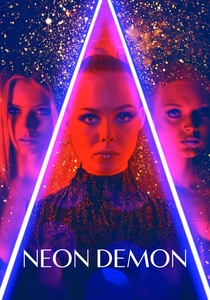
The Neon Demon (2016)
Description: Nicolas Winding Refn's exploration of the dark side of the modeling industry uses highly stylized visuals and experimental lighting to create an eerie, dream-like atmosphere.
Fact: The film was shot in Los Angeles, with Refn stating he wanted to capture the city's "dark, neon-lit underbelly."
 Watch Now
Watch Now
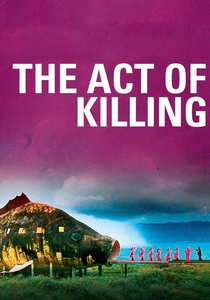
The Act of Killing (2012)
Description: This documentary uses experimental reenactments by former Indonesian death squad leaders to explore their crimes, blending reality with surreal, staged scenes to chilling effect.
Fact: The film was shot over six years, with the directors initially unsure if the project would ever be completed.
 Watch Now
Watch Now
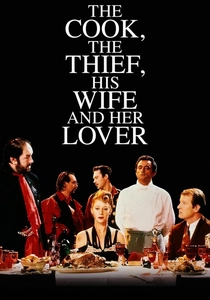
The Cook, the Thief, His Wife & Her Lover (1989)
Description: Peter Greenaway's film is known for its elaborate set design and the use of color to signify different locations, creating a visually experimental backdrop for its crime and revenge plot.
Fact: The film was shot entirely on a sound stage, with the restaurant set being the largest ever built for a film at the time.
 30 Days Free
30 Days Free
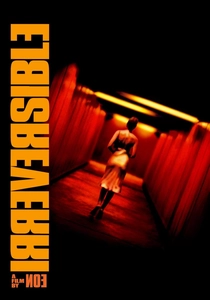
Irreversible (2002)
Description: This film by Gaspar Noé is told in reverse chronological order, creating a disorienting and visceral experience that challenges the viewer's perception of time and morality in crime narratives.
Fact: The film was shot in just 13 days, with the entire script being filmed in order from end to beginning.
 30 Days Free
30 Days Free
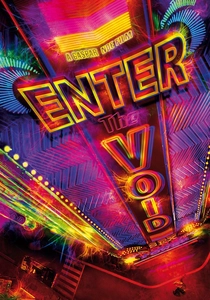
Enter the Void (2009)
Description: Gaspar Noé's psychedelic journey through Tokyo's underworld employs a first-person perspective, with the camera acting as the eyes of the deceased protagonist, offering an experimental take on crime and existentialism.
Fact: The film took over a decade to complete due to its complex visual effects and shooting techniques.
 30 Days Free
30 Days Free
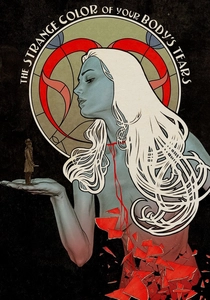
The Strange Colour of Your Body's Tears (2013)
Description: This Belgian thriller uses a kaleidoscope of visual styles, from giallo to surrealism, to tell a story of murder and mystery, pushing the boundaries of conventional crime storytelling.
Fact: The film was inspired by the works of Dario Argento and Mario Bava, known for their experimental horror and thriller films.
 30 Days Free
30 Days Free

